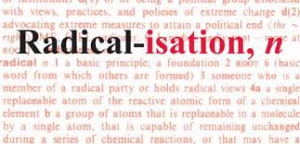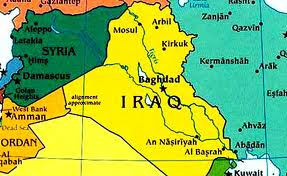An on-going issue currently is the Calais migrant crisis affecting not only France and England, but also the wider realms of Europe – who have to deal with the knock-on effects. For the past few days, several thousand migrants have been attempting to pass through the Eurotunnel, with the aim of making it to the United Kingdom – where an attractive benefits scheme for the migrants lies in wait.

After talking to several others about the situation, it is near-shocking now negatively the migrants are being seen. It is arguable this is because how they have been portrayed in the media. I had the misfortune of hearing one person’s view at my workplace, a customer suggested the Police should “shoot them all.” But of course that would never happen thankfully, and never work, after all, Europe is a highly civilised continent, with integrity at the heart of their values. We hear so many grizzly stories about events in Syria and Iraq, and yet it is people trying to flee these war zones that are the migrants. It isn’t just Iraqi’s and Syrian’s, people from the likes of Libya and Somalia are doing the same.
We in the United Kingdom are so fortunate to live where we do. These migrants risk their lives to make it to the UK. What is most important to remember is – they are humans too. I am sure any of us British people would attempt to do the same thing if the crisis was the other way round, and the UK was in disarray with other nations safer. One person even died in the chaos, going to show how dangerous it is for the migrants once they reach Europe, let alone the travails they go through to get here in the first place.
However there is no avoiding the chaos that has come as a consequence to the migrants crisis. It is understandable the resentment towards them for the closures of the channel tunnel at times, and the mass queues on British motorways. But in response to this, the same idea is prevalent – they are human and deserve better. Hopefully attitudes towards them will change in the coming times, all it takes is a bit of consideration of what they have been through to get to where they are today.
It is just so difficult to imagine the pain they have been through – and how happy, and relieved they must be, to have made it to Europe. The pictures I have seen have painted the story that the migrants are tired and struggling, but that their faith has never dwindled and that they continue to hold belief that they can make it to their intended destination. They seem relieved to be surrounded by the French Police in that they feel safe – something I am sure they haven’t been able to feel for some times – after all, that is what we all yearn to feel – safe.
Overall, the migrant crisis is a very difficult situation to analyse, with no real true solution. Of course, there simply isn’t the space for all of the migrants to be housed in Europe, though it would be totally inhumane to send them back to where they came from, as hurt and pain, perhaps even death, is all that they would go back to. But hopefully a strong solution will result from this crisis. We shall have to wait and see, but I hope safety awaits the migrants, regardless of what is decided for them.
/MF/
(‘058’)
Apologies for the lack of posts recently, more to come soon, thanks for reading!






